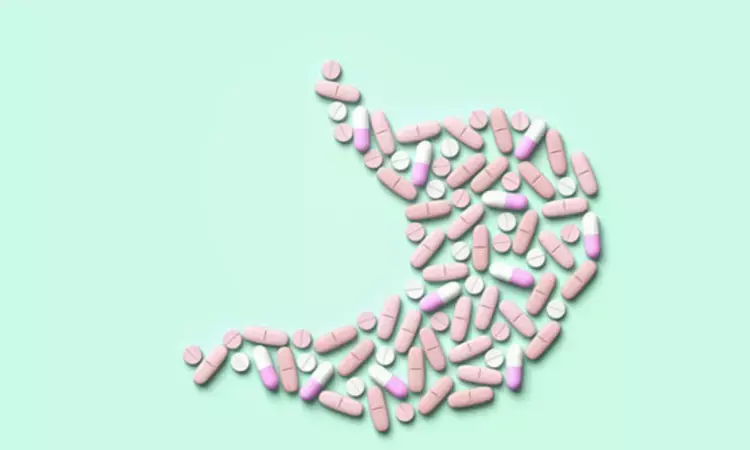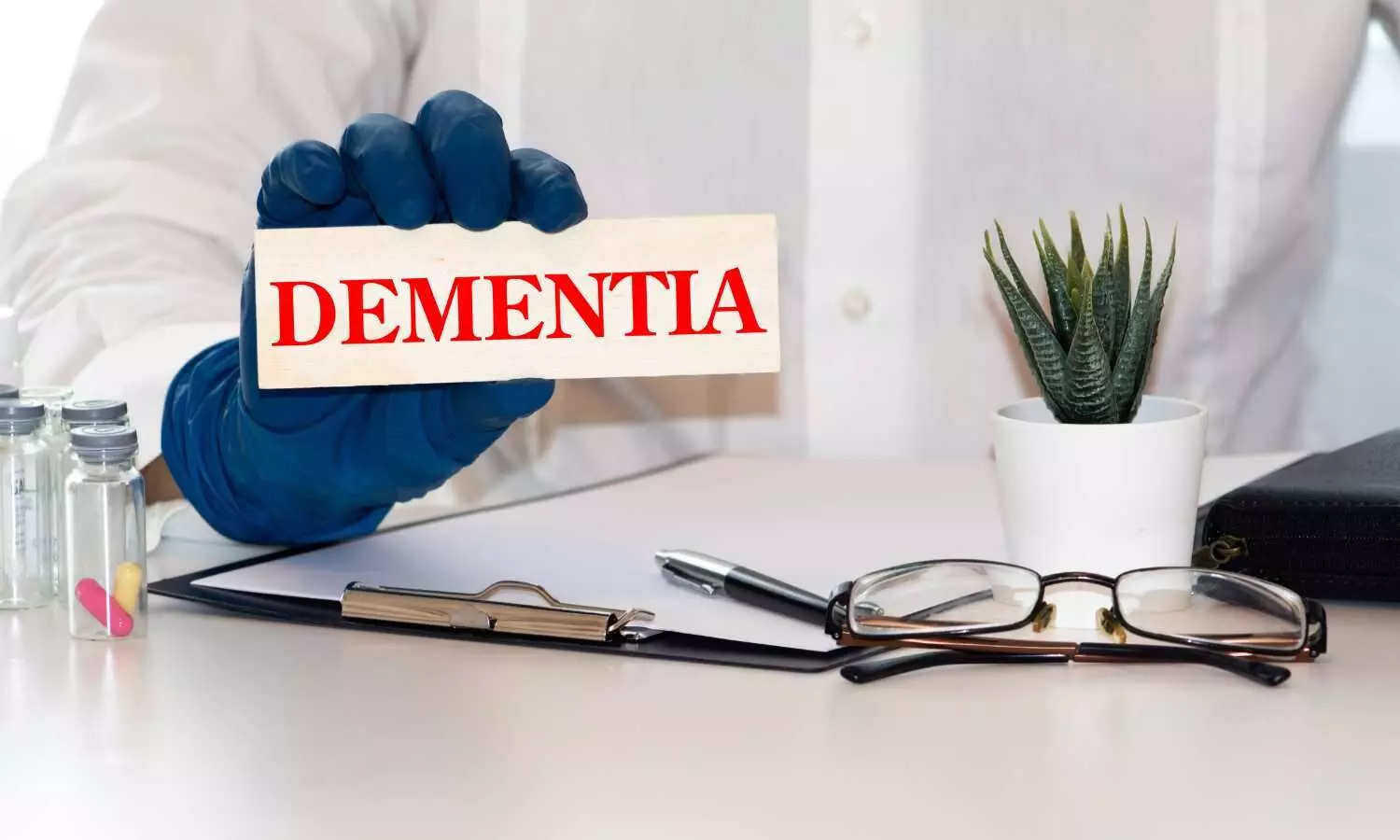- Home
- Medical news & Guidelines
- Anesthesiology
- Cardiology and CTVS
- Critical Care
- Dentistry
- Dermatology
- Diabetes and Endocrinology
- ENT
- Gastroenterology
- Medicine
- Nephrology
- Neurology
- Obstretics-Gynaecology
- Oncology
- Ophthalmology
- Orthopaedics
- Pediatrics-Neonatology
- Psychiatry
- Pulmonology
- Radiology
- Surgery
- Urology
- Laboratory Medicine
- Diet
- Nursing
- Paramedical
- Physiotherapy
- Health news
- Fact Check
- Bone Health Fact Check
- Brain Health Fact Check
- Cancer Related Fact Check
- Child Care Fact Check
- Dental and oral health fact check
- Diabetes and metabolic health fact check
- Diet and Nutrition Fact Check
- Eye and ENT Care Fact Check
- Fitness fact check
- Gut health fact check
- Heart health fact check
- Kidney health fact check
- Medical education fact check
- Men's health fact check
- Respiratory fact check
- Skin and hair care fact check
- Vaccine and Immunization fact check
- Women's health fact check
- AYUSH
- State News
- Andaman and Nicobar Islands
- Andhra Pradesh
- Arunachal Pradesh
- Assam
- Bihar
- Chandigarh
- Chattisgarh
- Dadra and Nagar Haveli
- Daman and Diu
- Delhi
- Goa
- Gujarat
- Haryana
- Himachal Pradesh
- Jammu & Kashmir
- Jharkhand
- Karnataka
- Kerala
- Ladakh
- Lakshadweep
- Madhya Pradesh
- Maharashtra
- Manipur
- Meghalaya
- Mizoram
- Nagaland
- Odisha
- Puducherry
- Punjab
- Rajasthan
- Sikkim
- Tamil Nadu
- Telangana
- Tripura
- Uttar Pradesh
- Uttrakhand
- West Bengal
- Medical Education
- Industry
PPI Use Raises Risk of Infections in Pediatric Population: JAMA

Proton pump inhibitor use surged the risk of serious infections among young children. The infections of the digestive tract, ENT sphere, lower respiratory tract, kidneys or urinary tract, and nervous system infections with both bacterial and viral infections have increased with the use of proton pump inhibitors.
The study was published in the JAMA Pediatrics on August 14, 2023.
Proton pump inhibitors (PPIs) effectively reduce gastric acid secretion and are one of the main treatments for gastroesophageal reflux disease (GERD). Uncomplicated gastroesophageal reflux like the physiological process of spitting up in infants that resolves spontaneously does not require PPIs. PPIs may alter the microbiota of the gut or act directly on the immune system leading to infections. As there is limited research on the association between PPIs and infections, researchers from France conducted a nationwide study to assess the associations between PPI use and serious infections in children, overall, and by infection site and pathogen.
Based on the Mother-Child EPI-MERES Register built from the French Health Data System (SNDS), the study was carried out by including all children born between January 1, 2010, and December 31, 2018, who received treatments like PPIs, histamine 2 receptor antagonists, or antacids/alginate for gastroesophageal reflux disease or other gastric acid–related disorders. Children were followed up from the index date which was the first date of dispersion of any of these medications until admission to the hospital for serious infection, loss of follow-up, death, or December 31, 2019.
Associations between serious infections and PPI use were estimated by adjusted hazard ratios (aHRs) and 95% CIs using Cox models. PPI use was introduced as time-varying. A 30-day lag was applied to minimize reverse causality. Models were adjusted for sociodemographic data, pregnancy characteristics, child comorbidities, and healthcare utilization.
Findings:
- The study population comprised 12,62,424 children, including 6,06,645 who received PPI (323 852 male [53.4%]; median [IQR] age at index date, 88 [44-282] days) and 655 779 who did not receive PPI (342 454 male [52.2%]; median [IQR] age, 82 [44-172] days).
- The median [IQR] follow-up, was 3.8 [1.8-6.2] years.
- PPI exposure was associated with an increased risk of overall serious infections.
- Increased risks were also observed for infections in the digestive tract; ear, nose, and throat sphere; lower respiratory tract; kidneys or urinary tract; and nervous system and for both bacterial and viral infections.
Thus, this is the first study that investigated the risk of infections associated with PPIs in young children for various sites and pathogens even with and without a history of severe prematurity or chronic illness. Further research is needed to investigate the dose, duration, and persistence of risk after treatment withdrawal.
Further reading: Lassalle M, Zureik M, Dray-Spira R. Proton Pump Inhibitor Use and Risk of Serious Infections in Young Children. JAMA Pediatr. Published online August 14, 2023. doi:10.1001/jamapediatrics.2023.2900
BDS, MDS
Dr.Niharika Harsha B (BDS,MDS) completed her BDS from Govt Dental College, Hyderabad and MDS from Dr.NTR University of health sciences(Now Kaloji Rao University). She has 4 years of private dental practice and worked for 2 years as Consultant Oral Radiologist at a Dental Imaging Centre in Hyderabad. She worked as Research Assistant and scientific writer in the development of Oral Anti cancer screening device with her seniors. She has a deep intriguing wish in writing highly engaging, captivating and informative medical content for a wider audience. She can be contacted at editorial@medicaldialogues.in.
Dr Kamal Kant Kohli-MBBS, DTCD- a chest specialist with more than 30 years of practice and a flair for writing clinical articles, Dr Kamal Kant Kohli joined Medical Dialogues as a Chief Editor of Medical News. Besides writing articles, as an editor, he proofreads and verifies all the medical content published on Medical Dialogues including those coming from journals, studies,medical conferences,guidelines etc. Email: drkohli@medicaldialogues.in. Contact no. 011-43720751



